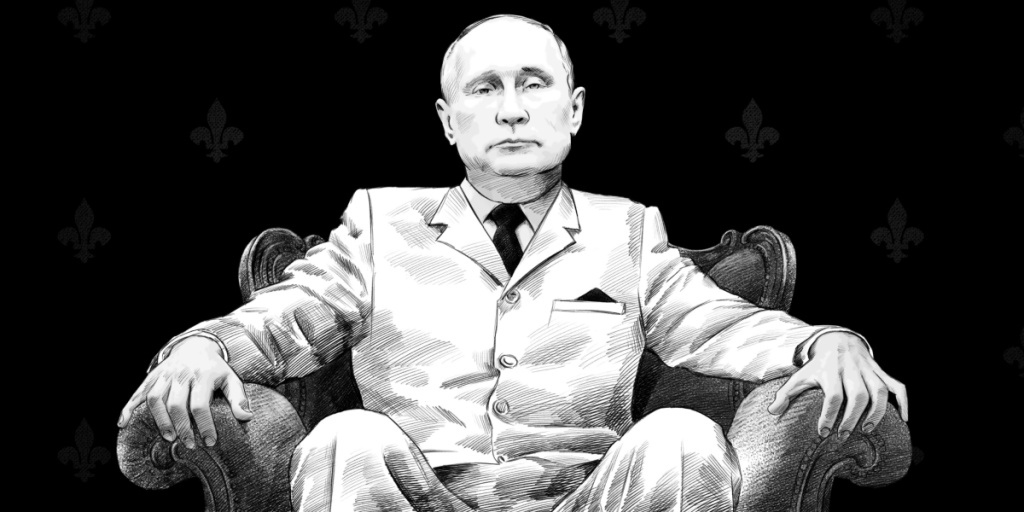Europe should brace for a prolonged confrontation with Moscow, regardless of how the war in Ukraine ends, Russian opposition figure Mikhail Khodorkovsky has warned.
Others are reading now
Europe should brace for a prolonged confrontation with Moscow, regardless of how the war in Ukraine ends, Russian opposition figure Mikhail Khodorkovsky has warned. Speaking at a private event in Brussels this week, the exiled businessman and longtime Kremlin critic said the West is entering a “new Cold War” that could last at least ten years, Politico reported.
A decade of tension ahead
“We should expect a kind of Cold War that will last at least ten years,” Khodorkovsky told participants, arguing that Russia will remain hostile toward Europe as long as Vladimir Putin stays in power. The only real deterrent to future Russian aggression, he said, is convincing Putin that NATO poses a credible military threat.
During the original Cold War, the Soviet Union and the West spent decades undermining each other without direct confrontation. Today, NATO officials say the Kremlin is once again using hybrid tactics—disinformation, cyberattacks, and economic pressure—to destabilize Western societies.
Sanctions and drone attacks “not enough”
Khodorkovsky, who spent ten years in prison after falling out with Putin and now lives in London, dismissed the idea that sanctions could meaningfully alter the Kremlin’s behavior. “They create some pressure on the Russian economy, but nothing dramatic,” he said.
He was equally skeptical about Ukraine’s drone campaign against Russian oil refineries, noting that the strikes inflict limited damage. “Even the most powerful drone, even a Tomahawk missile, can hit at most about two hectares,” he said. “A typical facility in Siberia usually covers 1,500 hectares. The damage is equivalent to stepping on someone’s foot.”
Also read
According to Khodorkovsky, the only real opportunity to destabilize Putin’s rule came in the first two years of the full-scale invasion—if Russia had suffered a decisive defeat. “That window has now closed,” he said. Still, he added with irony, “we have a tradition [in Russia] that our dictators leave somewhere between 70 and 80.” Putin turned 73 in October.
Kremlin crackdown intensifies
Last month, Russia’s Federal Security Service (FSB) opened a new case against Khodorkovsky, accusing him of running a “terrorist organization” and plotting to seize power with help from Ukrainian paramilitaries. The FSB also listed 22 people allegedly connected to his Russian Anti-War Committee, a group of exiled activists.
Several of those named have previously been imprisoned or threatened for political dissent. Others are academics and entrepreneurs now living abroad. The charges came shortly after the Council of Europe announced plans for a new platform to engage with Russia’s democratic opposition—a move Khodorkovsky believes unsettled the Kremlin. “It shows how disturbed Putin is by the idea that Russian democratic forces could gain legitimacy, even symbolically,” he said.
Looking beyond Putin
Despite facing renewed persecution, Khodorkovsky remains confident he will one day return to Russia. Still, he warned it could take decades for the country to abandon the imperial mindset that portrays the West as an enemy and justifies expansionism.
“My generation will not live to see the day when Russian society returns to normal,” he admitted. Comparing political change to oil exploration, the former Yukos executive added, “When you work in heavy industry, you get used to initiating processes that will outlast you. From the exploration of an oil field to production it can take 15 years or more. The future is as real to me as the present, and it motivates me.”
Also read
Reporting based on remarks published by Politico and public statements from the Council of Europe and the Russian Federal Security Service.


